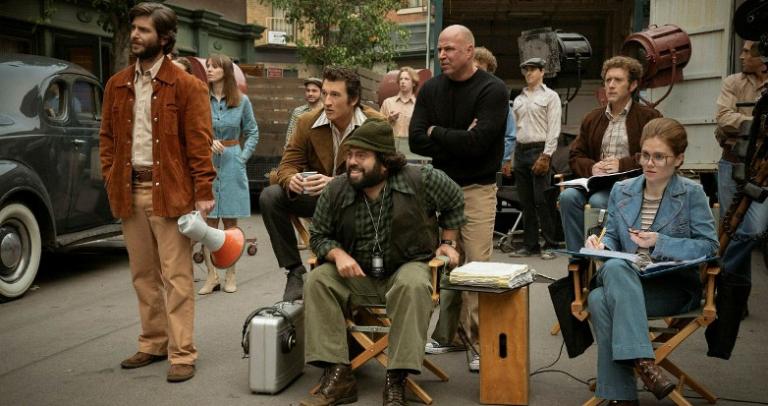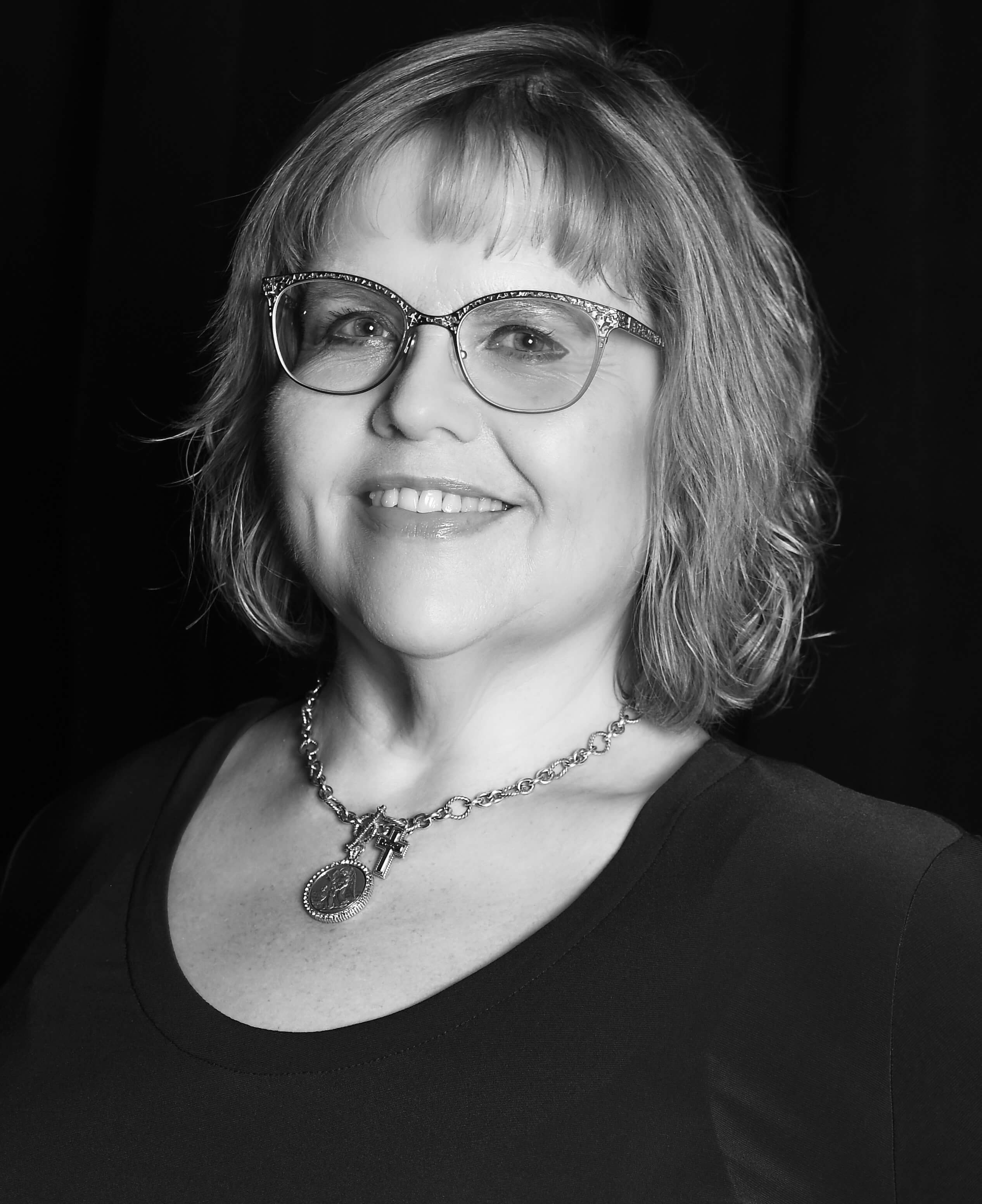Bears repeating: it’s called show business, not show fun. It’s the entertainment industry, not the entertainment tea party.
It also attracts creatives, who aren’t always the most practical-minded folks, which can be a problem when vision clashes with the bottom line.
Because of this, it’s amazing that movies get made. It’s a near-miracle that good movies get made. Any rational examination of the industry shows that the odds are stacked against that. But, somehow, it happens.
As a showbiz journalist, I’ve talked to literally thousands of people who work in entertainment. For the most part, they don’t tell the whole truth about how a project began or evolved. It’s not in their interest to do so, as it’s usually a pretty messy affair, and they’re trying to promote the thing.
Now and then, you get peeks into the sausage factory, but it’s usually many years later, when the stakes aren’t so high.
That’s the function of the TV shows and documentary below. No doubt the stories are still curated, not entirely accurate and, to one degree or another, sanitized for our protection. But, they’ll give you a glimpse into the very expensive, high-risk, often-nuts world of making movies.
So, entertainment newcomer, when the insanity and interminable delays hit you, you’ll know you’re in good company.
(Content note: Plenty of language, etc., in all of these, so not for kids.)
The Offer (Paramount+)
Based on the experiences of Al Ruddy Jr. (played by Top Gun Maverick star Miles Teller, who’s also an executive producer on the show) as the producer of The Godfather, the 10-episode scripted series is hugely entertaining — even if its accuracy has been widely disputed.
As studio exec turned journalist Peter Bart (who’s portrayed in the series) wrote in Deadline:
The TV series, written by Michael Tolkin, is loosely based on incidents and anecdotes supplied by Albert S. Ruddy, who produced the movie. They are vivid anecdotes, but they are at odds with the accounts of principals who made the movie — of which I am one — and who encountered a different reality.
While watching, I played Google-as-you-go (by the number of “Is it true?” and “Is so-and-so a real person?” stories out there, it’s also one of the world’s favorite games). Along the way, I learned a lot more about the making of The Godfather saga and the people involved.
But even if you don’t do this, the show gives you a general idea of just how difficult and bananas moviemaking can be. While there are truth claims about some details, other larger points are valid.
For example: how corporate interests and maneuvering affect films; how things that look inevitable in retrospect were totally in question (like casting Al Pacino, for instance); how a film’s runtime and even its poster can affect its success; and the battles that go on for not only creative things but just to finance and secure filming locations.
And when you’re done with your viewing and research, watch the whole saga again on Paramount+. One bit of advice, for the final film, pick the recut The Godfather Coda: The Death of Michael Corleone instead of Godfather III.
Knowing what you now know, it will be a very different experience.
The series is probably two episodes too long, but I still enjoyed it.
The Movies That Made Us (Netflix)
My best advice: Watch them all.
Again, since much of the content is anecdotal, there’s no way to know whether the stories are 100% accurate and reflect every factor involved in the making of the movies.
But, they feel very plausible and comprehensive to me.
Over three seasons, between 2019 and 2021, each one-hour episode follows the saga of how one movie came to be, through the testimony of people involved, both in front of and behind the camera, and in the executive suite.
Season one looked at Dirty Dancing, Home Alone, Ghostbusters and Die Hard. Season two did Back to the Future, Pretty Woman, Jurassic Park and Forrest Gump. Season three focused on Halloween, Friday the 13th, A Nightmare on Elm Street, Robocop, Aliens, Coming to America, The Nightmare Before Christmas and Elf.
The last two were also known as The Holiday Movies That Made Us.
What these movies have in common is that they’re all popular and populist. These aren’t esoteric art films done by obscure auteur directors. They were all big hits with audiences — but each also has unique and wonderful qualities that make it eminently re-watchable.
I would make this show required viewing in film schools, if for no other reason than to bring students down from the rarefied air of cinema to the messy, complicated, compromised, improvised boots-on-the-ground world of how movies actually get made.
In my journalism career, I was lucky to spend the bulk of my time on sets and locations, of everything from low-budget reality shows to high-end comedies and dramas — and a few movie sets along the way.
Making entertainment is hard, physical work. Even the worst TV or movie represents the sweat and labor of hundreds or even thousands of people.
Also, while the directors, actors and writers (in TV, at least, if not always in movies) get the glory, each one of these people contributed to the ultimate whole — sometimes in ways you (or they) might not have expected.
Hearts of Darkness: A Filmmaker’s Apocalypse (Amazon Prime Video, AppleTV+ and more)
Available for digital rental or purchase, or on DVD/Blu-ray, this 1991 documentary chronicles the harrowing story of how The Godfather director Francis Ford Coppola rode the charging rhino that was the production of his 1979 Vietnam-War epic Apocalypse Now, written by John Milius and Coppola.
Coppola’s wife, Eleanor Coppola, began the film and narrates the behind-the-scenes footage of production in the Philippines. She then turned over her footage to filmmakers George Hickenlooper and Fax Bahr. They shot new interviews and integrated that footage with Eleanor Coppola’s.
The film’s title comes from the 1899 Joseph Conrad novella Hearts of Darkness, upon which Apocalypse Now is loosely based.
The film quotes Francis Ford Coppola as saying:
We were in the jungle; there were too many of us; we had access to too much money, too much equipment; and little by little, we went insane.
Along the way, the production — long in development — faced creative ups-and-downs, severe weather, cast challenges (not the least of which was Martin Sheen’s near-fatal heart attack) and an ever-ballooning budget.
The result was an acclaimed and groundbreaking film — that nearly broke everyone involved.
If you ever want to film in a faraway land, in the jungle or even just outdoors, this doc is the cautionary tale for you.
Here’s the trailer:
Actually, you can watch the whole thing right here (until YouTube takes it down, that is):
https://youtu.be/4UYRH3mojQ0
Image: Paramount+
Don’t miss a thing: Subscribe to all that I write at Authory.com/KateOHare.















